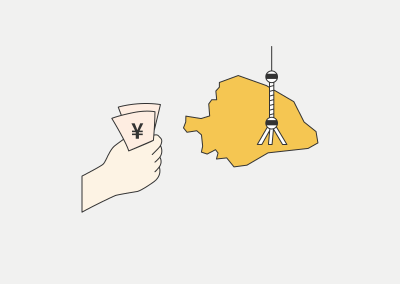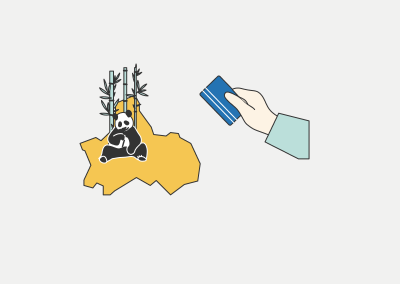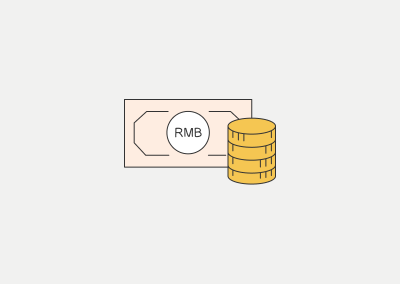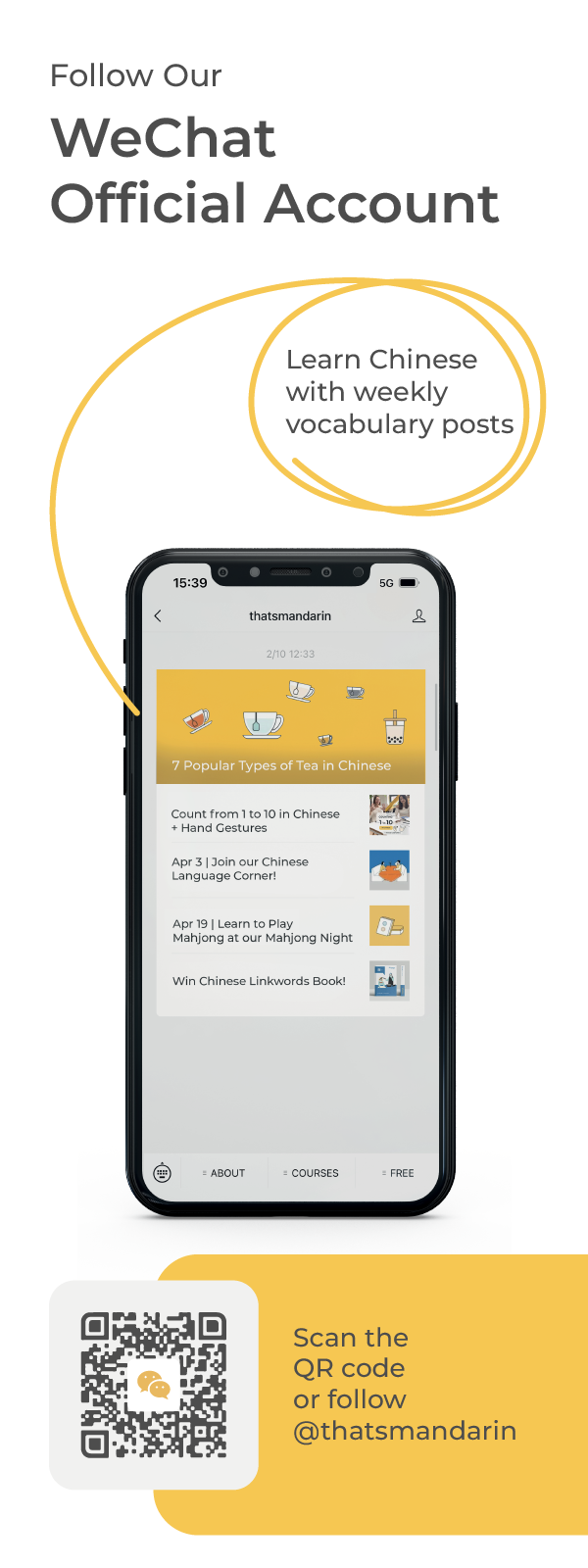5 Essential Chinese Phrases and Questions for Bargaining
Bargaining in Chinese markets is a unique cultural experience that differs from shopping in most Western countries where prices are usually fixed.
However, when you visit local markets in China, you’ll quickly realize that bargaining in Chinese is not only accepted – it’s expected. In fact, many Chinese shoppers enjoy negotiating prices as frugality “leading a thrifty life” is considered a traditional virtue in Chinese culture. If you’re planning to shop in China and want to communicate effectively with local sellers, learning some useful Chinese phrases for bargaining can make a big difference. These top Chinese phrases and questions for bargaining will help you get better deals and connect more deeply with the culture.
Phrases and Questions to Bargain in Chinese – Ask About the Price in Chinese Markets
1.How much is this?
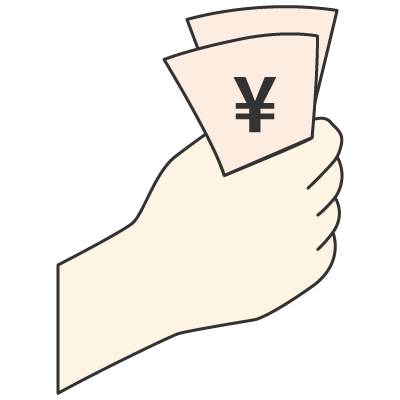
Zhè gè duōshǎo qián?
How much is this?
When shopping in Chinese markets local stores, this is one of the most useful Chinese phrases to know. People always want to know the price before they decide to buy something and in China it’s very common to bargain with sellers if the price feels too high.
2. It’s too expensive.
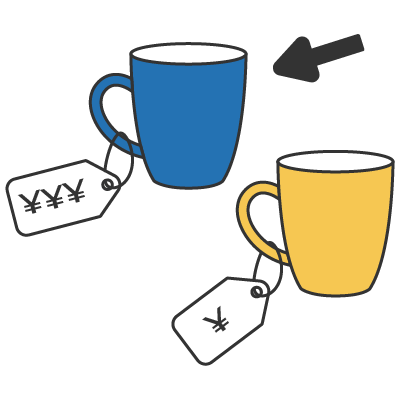
Tài guì le.
It’s too expensive.
This is one of the most common Chinese phrases used when shopping in China, especially if you’re trying to bargain in Chinese markets or local shops. Use it when the price feels too high and you want to start negotiating in Mandarin.
The character “贵” (guì) means expensive and the sentence structure “太 (tài) + adjective + 了 (le)” means “too [adjective]” “so [adjective]”. This structure is widely used in daily spoken Chinese, both to make complaints and to express strong emotions positive or negative.
In the context of shopping “太贵了” is a direct and culturally acceptable way to signal that you’d like a lower price.
Examples:
太贵了。
Tài guì le.
It’s too expensive. (a complaint)
你的中文太好了。
Nǐ de Zhōngwén tài hǎo le.
Your Chinese is so good. (a compliment)
Whether you’re a tourist in China, a Mandarin learner, or an expat, this phrase is essential when navigating Chinese bargaining culture and getting better deals in local markets.
Phrases and Questions to Bargain in Chinese – How to Ask the Price in Mandarin at Local Markets
1. Can you make it a little cheaper?
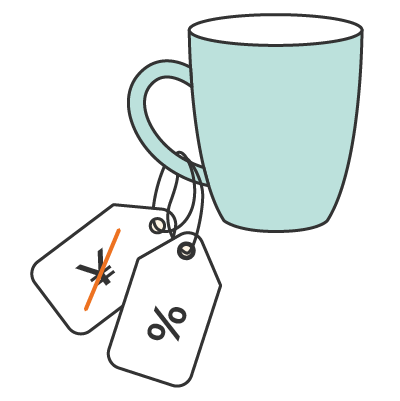
Kěyǐ piányi yīdiǎnr ma?
Can you make it a little cheaper?
In China it’s completely acceptable and often expected to bargain with street vendors, especially in tourist areas, local markets and souvenir shops. If you want to ask for a lower price politely, this is one of the most commonly used Chinese phrases for bargaining.
2. Would 100RMB be ok?

Yībǎi kuài kěyǐ ma?
Would 100RMB be ok?
Sometimes the seller might ask you to name your own price if you’re not satisfied with the price offered by them. “…….可以吗” (kě yǐ ma)? is one of the Chinese phrases that are frequently used when people ask about permission for something. Therefore, you can use it to ask if the price offered by you would be acceptable to the seller, which could be another effective way to bargain.
This sentence helps you sound both respectful and confident while bargaining in Chinese. It’s especially useful in street markets, night bazaars and tourist shops.
3. I don’t want it anymore.

Wǒ bù yào le.
I don’t want it anymore.
This phrase can be a powerful bargaining tactic in Chinese markets when the seller refuses to lower the price any further.
By saying “我不要了” (Wǒ bù yào le) you signal your intention to walk away which often encourages sellers to offer a better discount. Sellers in China often expect this move during price negotiations and may be willing to make additional concessions if they see a customer is ready to leave without purchasing.
Using this phrase is an important part of understanding Chinese bargaining culture and can help you get the best deals when shopping in China.
FAQ: 5 Must-Know Chinese Phrases for Bargaining – Essential Mandarin Phrases to Negotiate Prices in China
Some of the most useful Chinese phrases for bargaining include:
- 多少钱?(Duōshǎo qián?) — “How much is this?”
- 可以便宜一点儿吗?(Kěyǐ piányi yīdiǎnr ma?) “Can you make it a little cheaper?”
- 太贵了(Tài guì le) “It’s too expensive”
- 100块可以吗? (Yībǎi kuài kěyǐ ma?) “Would 100 RMB be okay?”
- 我不要了 (Wǒ bù yào le) “I don’t want it anymore”
These phrases help you negotiate prices in Mandarin effectively especially in Chinese markets and local shops.
02. How do I say “Can you make it cheaper?” in Chinese?
To ask if the seller can lower the price say:
可以便宜一点儿吗? (Kěyǐ piányi yīdiǎnr ma?)
This is a polite and common way to bargain in Chinese markets and street shops.
03. What is a polite way to offer a price in Chinese when bargaining?
You can offer a price by saying:
[Amount]块可以吗?(…kuài kěyǐ ma?)
For example:
100块可以吗?(Yībǎi kuài kěyǐ ma?) means “Would 100 RMB be okay?”
This phrase helps you suggest your own price politely during negotiation.
04. How do I express “It’s too expensive” in Chinese?
To say the price is too high use:
太贵了(Tài guì le)
This phrase clearly communicates that you find the price expensive and is widely understood in Chinese bargaining culture.
05. What can I say if I want to leave without buying in Chinese?
If the price isn’t right and you want to leave say:
我不要了(Wǒ bù yào le)
This phrase often encourages sellers to offer a better discount as they don’t want to lose a sale.



